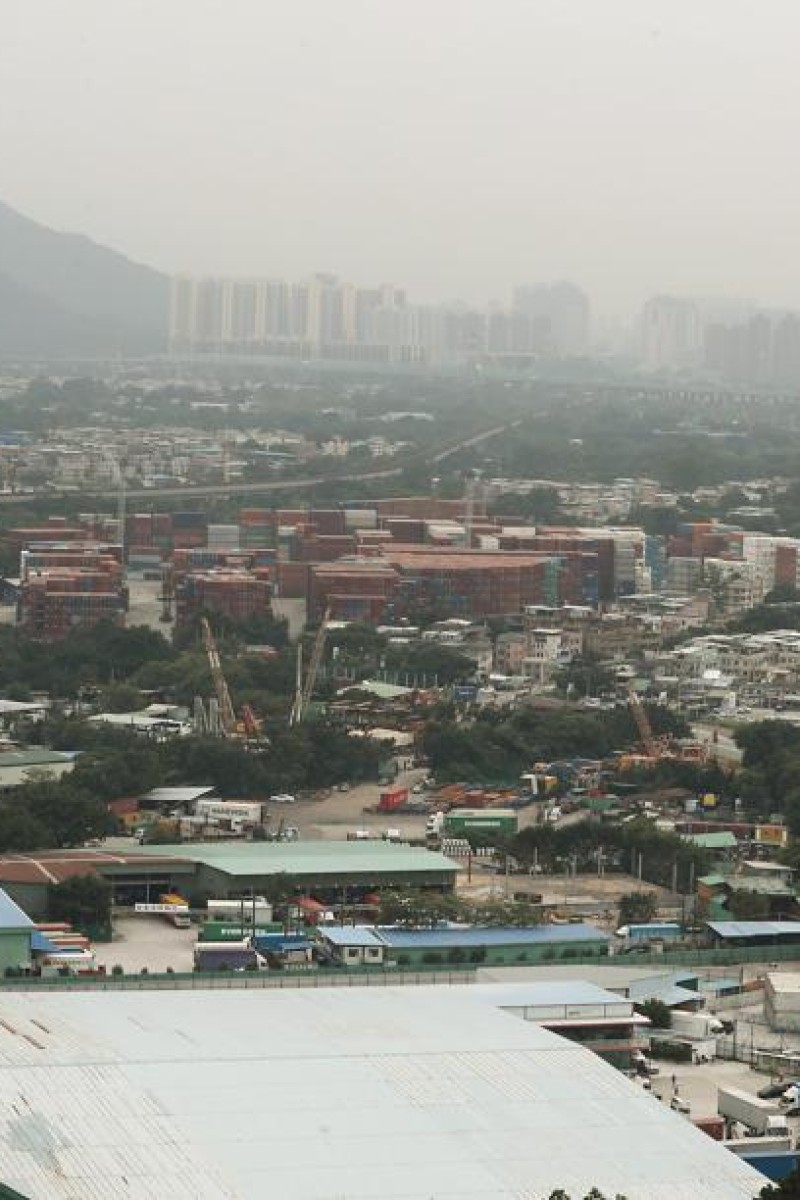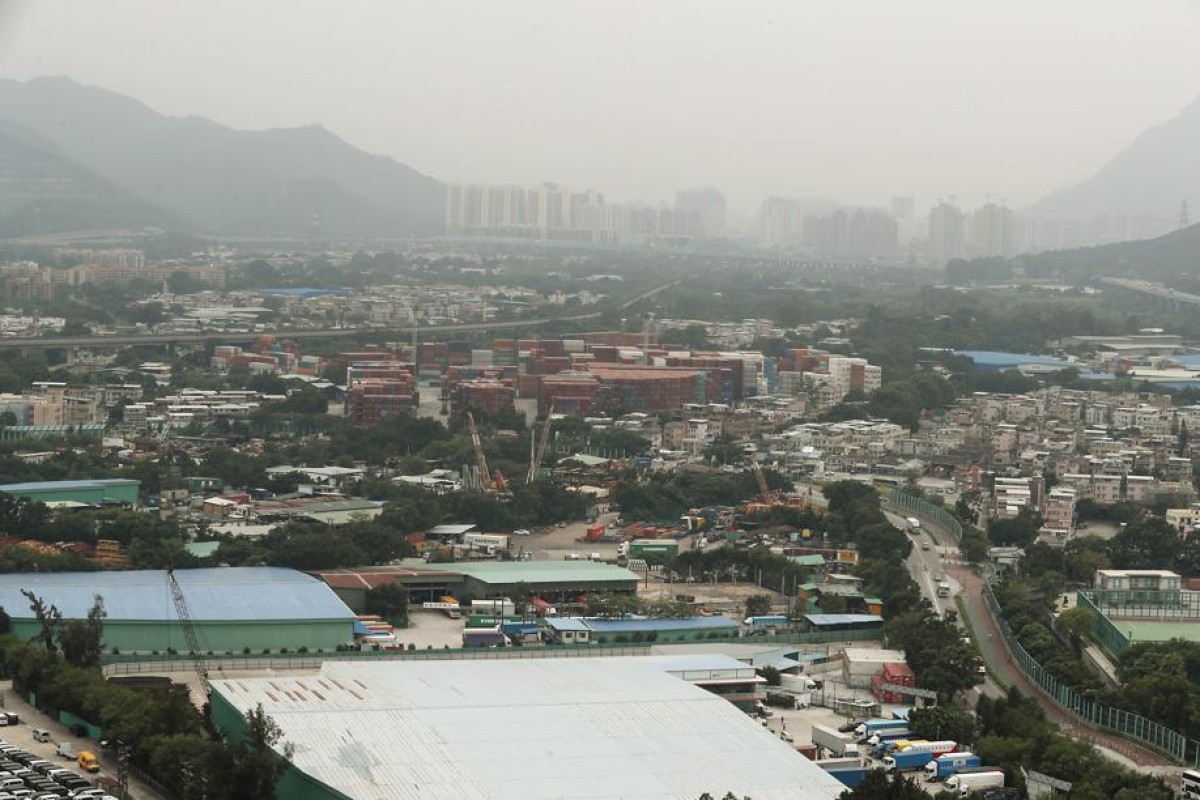
This is how the HK government is failing its people dealing with the housing crisis
The Hong Kong government is not fixing the problem not because they can’t but because they don’t want to

 A brownfield site in Hung Shui Kiu. A study has found that a majority of brownfield sites in the northwest New Territories have not been included in development plans.
A brownfield site in Hung Shui Kiu. A study has found that a majority of brownfield sites in the northwest New Territories have not been included in development plans.While New Zealand is deep into its winter season, Hong Kong is boiling under the summer sun, making everyone feel a little short-tempered.
Adding fuel to that fire is Nat Chan Pak-cheung, a local media personality who has been offering ridiculous suggestions on a taxpayer-funded TV channel on how the city can solve its housing shortages. One of his suggestions? Building housing next to the container terminal instead of on golf courses in Fanling that no one uses.
Pro-establishment news outlets might say this man’s remarks are good as they are “denouncing American-backed environmentalists’ plot to stop Hongkongers from owning their own homes”, but there are better alternatives for housing space, as they might suggest, reclaiming the sea or reducing our city’s country parks.
For example, we could use brownfield land. Brownfield land is land that’s been used or has been built on, unlike greenfield land. Brownfields are often used as car parks, garages, or as storage space. A study in March found that 723 out of 1172 hectares of brownfield sites in the northwest New Territories have not been included in development plans.
The government might say brownfield sites have their own “economic value”, but does the government really believe it?
Two years ago, a brownfield site in Tin Shui Wai made headlines because of a “waste hill” that had formed. People had been using the private plot as a dumping ground for their rubbish for years. This is a prime example of how the private ownership of brownfields is bad – it posed a serious health risk to nearby residents, and the bureaucratic system shifted responsibility of dealing with the issue to each other.
Six months after that, the Wang Chau housing controversy further exposed how little the government is willing to do anything about housing. The plan was originally to turn brownfields, owned by rural landlords, into housing estates. They decided to destroy nearby green belts instead, forcing villagers to relocate, and reducing the number of flats to be built by more than 75 per cent.
A government report has found that all three golf courses can be repurposed for housing – 13,000 flats could be built. How is this not a better idea than reducing our country parks? The pro-establishment camp, the government, lawmakers, and rural landlords, do not want to use the golf courses or brownsites to solve the housing crises because it would affect their interests. That is shameful.
The needs of the people should come first. The government’s intent on protecting the interests of few are wrong, and for the sake of the majority they need to change. They need to do better.
Edited by Ginny Wong
